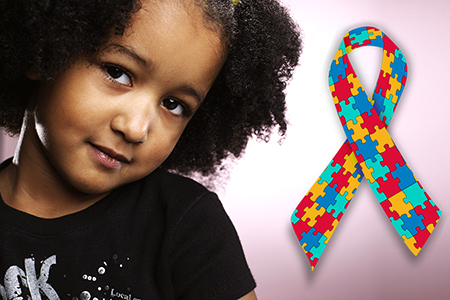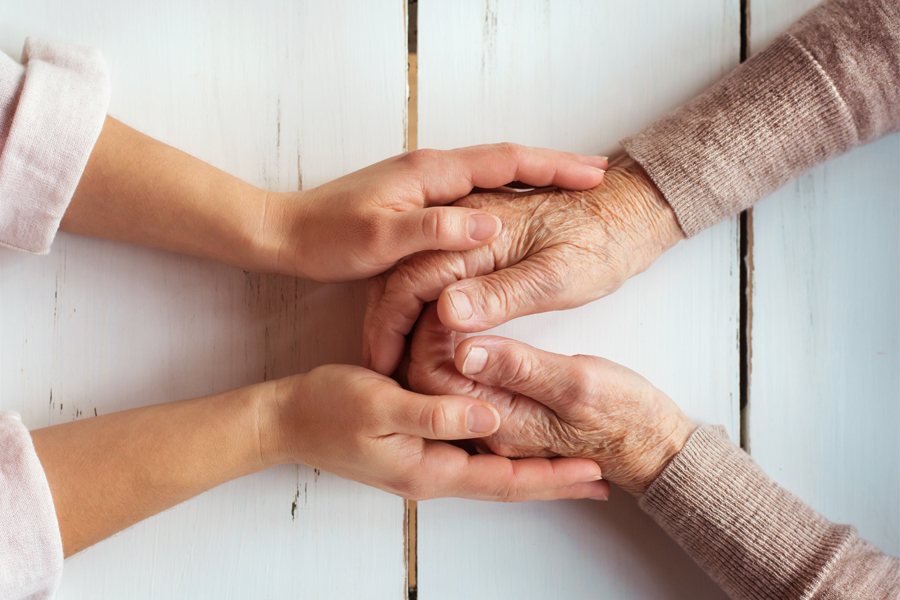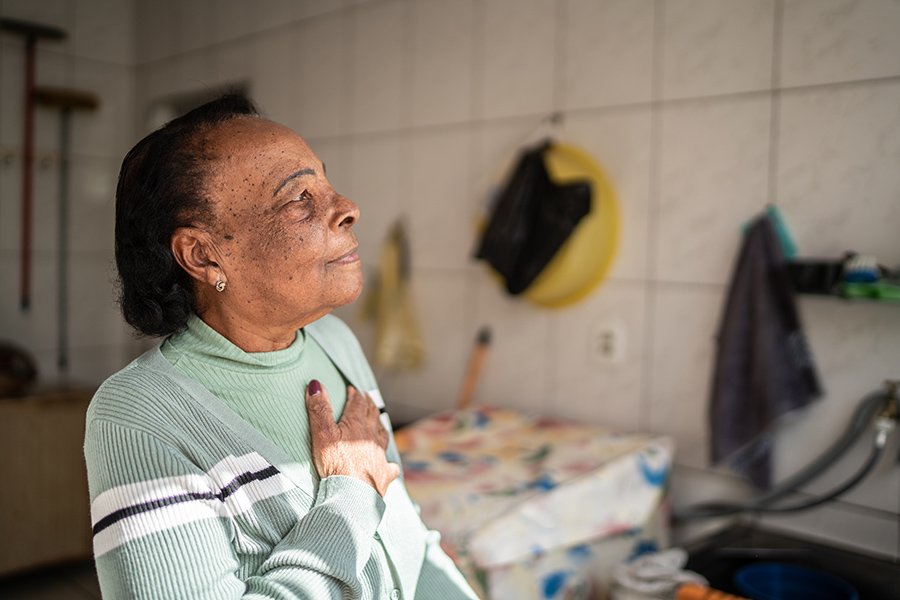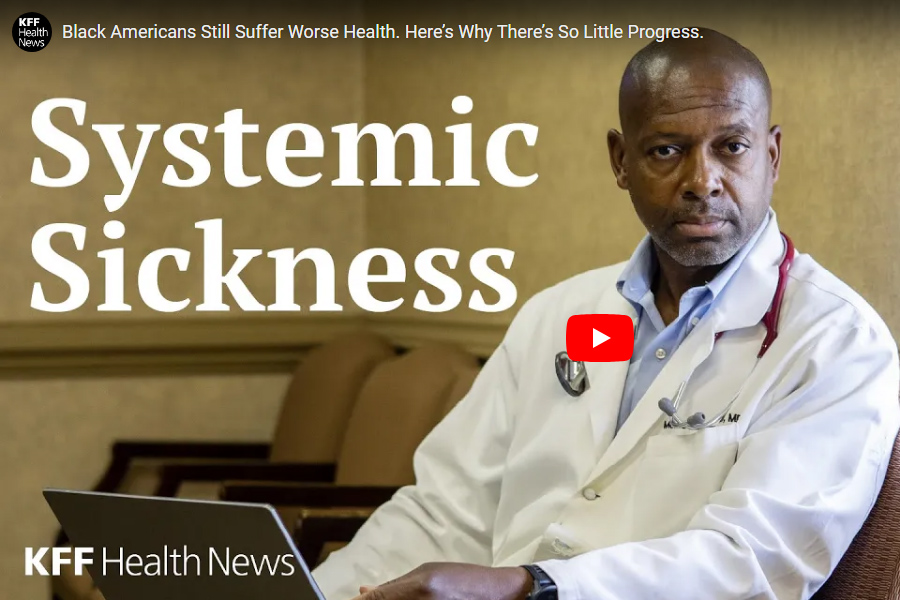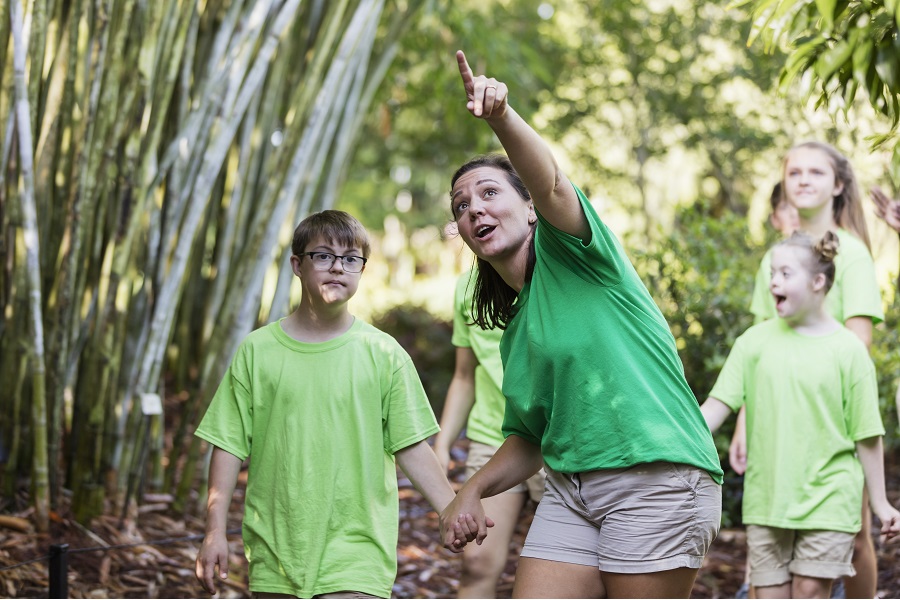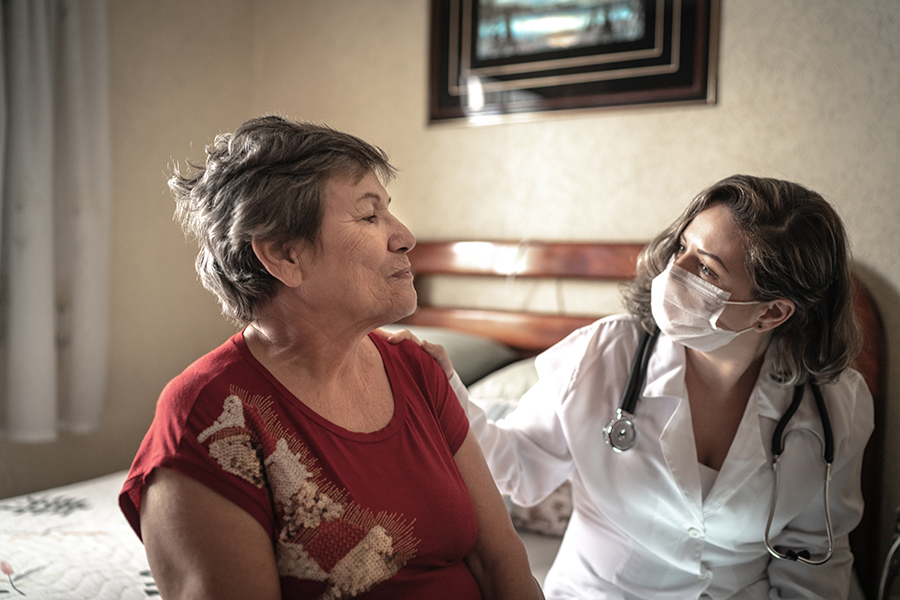Shield HealthCare Celebrates National Autism Awareness Month
Each April, we celebrate National Autism Awareness Month. National Autism Awareness Month gives us the opportunity – along with the American autism community and more than 100 organizations nationwide – to help educate the public about autism spectrum disorder (ASD). Autism currently affects more than 1.5 million people in the United States. The latest figures by the CDC reveal that 1 in 68 U.S. children has an autism spectrum disorder, including 1 in 42 boys and 1 in 189 girls. These growing numbers illuminate the critical need for research and community-based treatment options.
Wed. April 2nd is World Autism Awareness Day
Autism spectrum disorder (ASD) is a complex developmental disorder that affects a person’s ability to communicate and interact with others. The “spectrum” in ASD refers to the wide range of symptoms and varying degrees of impairment in each individual. Children who are diagnosed at a young age are more likely to receive the community-based services and supports that enables them to work and live successfully as independent adults.
Although a cure for autism has not yet been discovered, studies show that early diagnosis and intervention lead to significantly improved outcomes. There is no known single cause for autism, but increased awareness and advocacy can make a difference.
To learn more about Autism Spectrum Disorder, including signs in infancy, signs in childhood and treatment options, read “What is Autism Spectrum Disorder?”
What Causes Autism?
At this time, there is no single known cause for autism. Researchers are investigating a number of theories, including genetic vulnerability, heredity, medical susceptibility, the consumption of harmful substances during pregnancy and a variety of environmental factors.
Many scientific studies have examined possible links between vaccines and autism, including the MMR (Measles, Mumps, Rubella) vaccine and the preservative thimerosal (a compound containing mercury), which has not been used in U.S. vaccines since 1999. After extensive studies, vaccine safety experts worldwide – including experts at the Centers for Disease Control and Prevention, the American Academy of Pediatrics and the National Institute of Child Health and Human Development – have stated that there is no known connection between ASD and vaccines.
Resources
While many individuals with Autism experience difficulty with social interaction, behavior and developmental delays, their contributions to society are valued and cherished. Like those without ASD, they have many unique talents and gifts that enrich our communities.
Parents and loved ones of individuals with ASD can find in more formation, resources and support from the following sources:
- Centers for Disease Control and Prevention
- National Institute of Child Health and Human Development
- The Autism Society
- Autism Speaks
- AutismNow.org
For more autism resources for parents and caregivers, including guides, kits, and local resources, read “Helping a Child With Autism”
Source information for this article was provided by www.autism-society.org, www.autismspeaks.org and www.cdc.gov.
Shield HealthCare | Medical Supplies For Care At Home Since 1957






